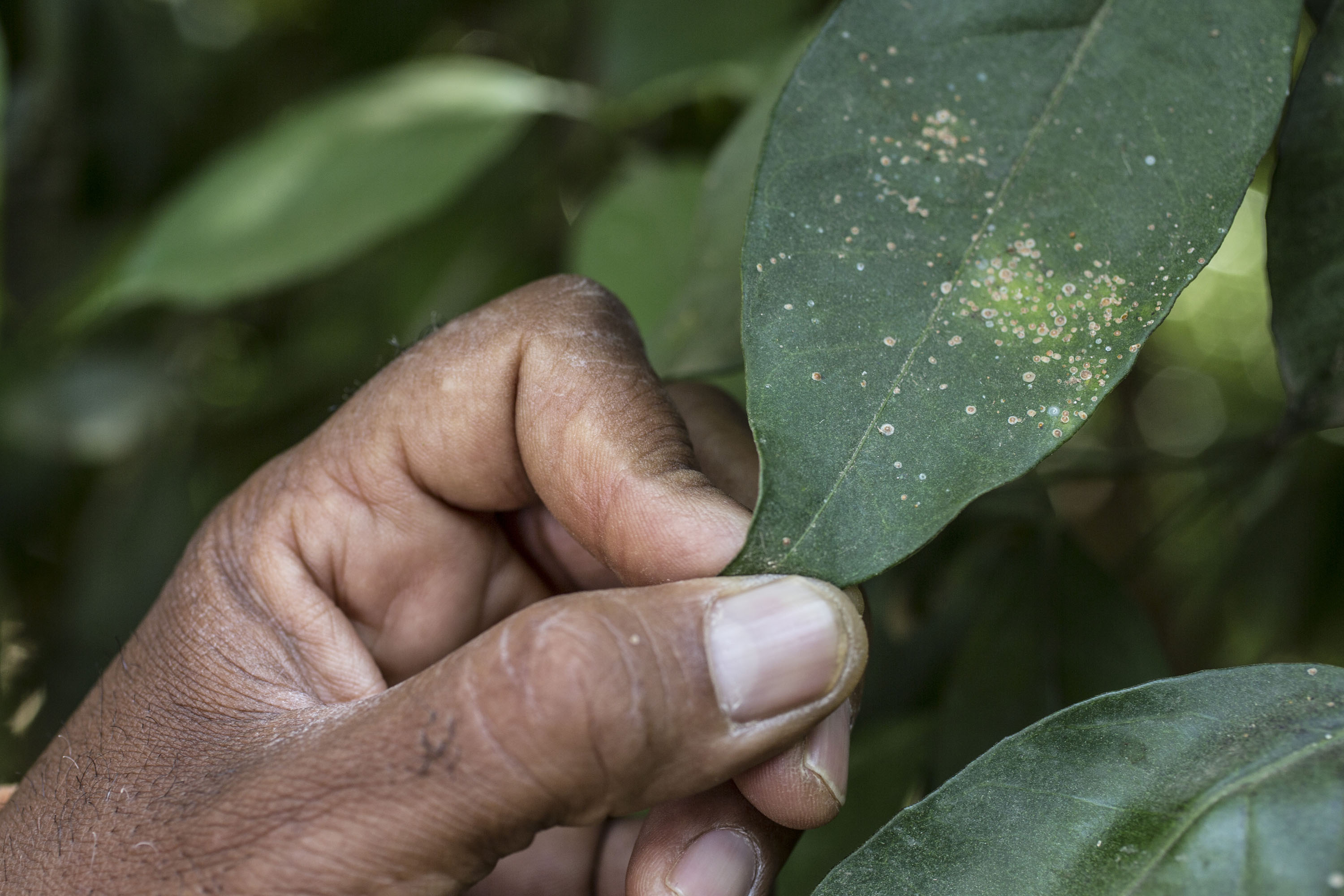Biodiversity
The NENA region harbours a wealth of biodiversity integral to its agricultural landscapes. It supports diverse ecosystems vital for livestock, forestry, fisheries, and aquaculture, encompassing significant genetic, species, and ecosystem diversity essential for food security and climate resilience. Millennia of human-environment interaction have shaped the region's agricultural heritage, preserving ancient crop varieties and traditional practices amidst evolving challenges.
Despite its significance, biodiversity in the NENA region faces numerous threats, including destructive land and water use practices, invasive species, pollution, and the impacts of armed conflicts. In response, countries in the region are actively working to conserve and sustainably use genetic resources for food and agriculture. Efforts include breeding programmes, sustainable land and water management, ecosystem restoration, and policies to protect traditional knowledge. Additionally, regional cooperation aims to strengthen policy frameworks, enhance capacity-building, and establish networks for sustainable management of genetic resources.
Key needs and priorities for biodiversity in NENA
FAO's Near East and North Africa Regional Synthesis for the State of the World’s Biodiversity for Food and Agriculture highlights several critical needs and priorities to enhance biodiversity conservation in the region. Key actions that FAO aims to implement include:

National biodiversity
Developing comprehensive national biodiversity strategies and action plans that address biodiversity across all sectors and communities.

Regional coordination
Strengthening regional cooperation and transboundary initiatives to improve policy implementation and resource management.

Data and information systems
Establishing robust information systems and databases to monitor biodiversity for food and agriculture, including wild foods and associated biodiversity.

Capacity building and awareness
Enhancing human capacity, increasing stakeholder awareness, and supporting traditional knowledge to ensure sustainable biodiversity management.

Legislation and policies
Developing and updating national laws related to forest management, invasive species control, and pollution remediation, while promoting cross-sectoral harmonization of biodiversity efforts.Our work in action
FAO plays a critical role in addressing biodiversity challenges in the NENA region through collaborative platforms like the Near East Network on Forest Health and Invasive Species (NENFHIS). This network enhances regional capacity to address biodiversity threats posed by climate change, invasive species, and forest health issues.
As outlined in FAO’s Regional Assessment of the Status of Mainstreaming Biodiversity across Agricultural Sectors in the NENA Region, over the last two decades (2001-2021), FAO has worked to integrate biodiversity into agriculture across the NENA region, focusing on both conventional conservation and ecosystem-based strategies. Flagship projects in Algeria, Morocco, and Lebanon demonstrate successful landscape and seascape approaches. Post-COVID-19 recovery efforts have also promoted agroecology and organic farming, linking biodiversity protection with economic benefits for local farmers.
This assessment highlights governance and financial challenges in biodiversity efforts, with many projects relying on short-term external funding. FAO calls for stronger governance models that involve private enterprises, scientists, and local communities, with a particular focus on empowering women in the biodiversity value chain. Research and innovation, including modern tools like remote sensing, are crucial but underutilized in the region. FAO also supports the integration of traditional knowledge systems, such as the Hima in Gulf countries, into biodiversity management.



